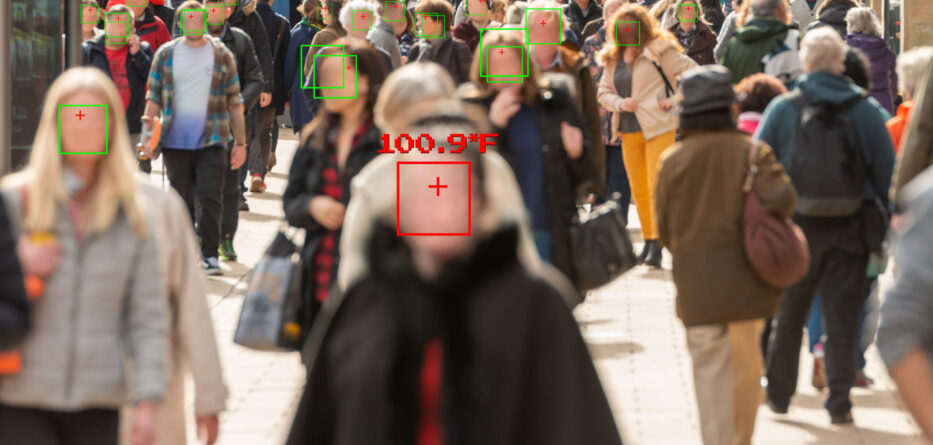Lawmakers in the Commonwealth are considering legislation to ensure police use of facial-recognition technology also protects people’s privacy and civil rights.
Massachusetts was one of the first states to implement restrictions on the technology as part of a sweeping police reform law in 2020. A special legislative commission, which included police and civil liberties activists, then developed even greater restrictions on use of facial-recognition software.
Kade Crockford, Technology for Liberty program director for the American Civil Liberties Union of Massachusetts, called the latest bill a ‘win,’ both for police and the public.
“The police can use the technology to help them solve very serious crimes,” Crockford pointed out. “And the public can benefit not only from that, but also from regulations that protect our basic privacy and civil rights at the same time.”
The current bill would require police to obtain a warrant to perform a facial recognition search and ensure the results of the search alone cannot be used to arrest someone or obtain a search warrant.
Facial-recognition technology can be faulty and has resulted in the false arrests and incarceration of people across the country.
A federal study found the majority of algorithms are less accurate with Black, Asian and Native American faces, while other research finds some algorithms misidentify Black women nearly 35% of the time.
Crockford argued by passing the legislation, lawmakers can prevent those types of mistakes from happening here.
“Because if they do, it would make Massachusetts a leader, not only here in the United States, but really, worldwide,” Crockford asserted.
The legislation passed the House last session, but failed to get a vote in the Senate. Crockford hopes former Attorney General, now Gov. Maura Healy’s previous support of the bill will improve its chances this year.






